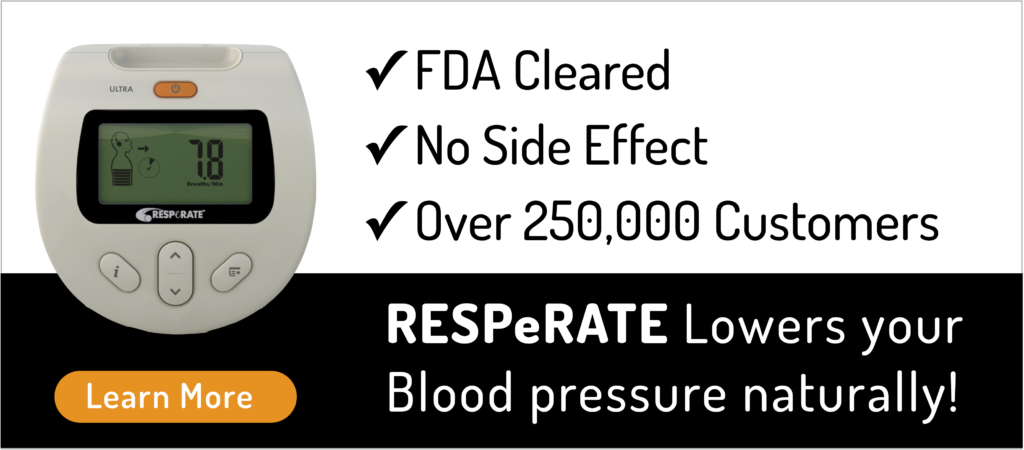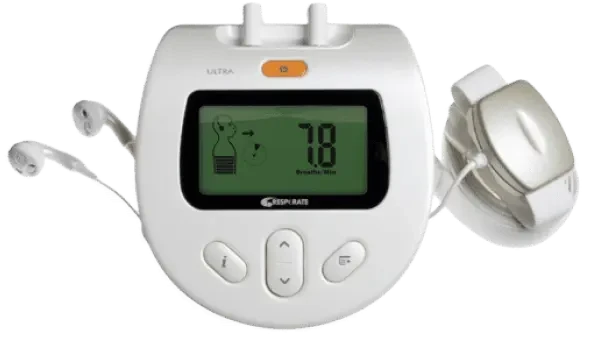For many of us, coffee is more than just a beverage; it’s a daily ritual that fuels our mornings and keeps us going throughout the day. However, for those managing hypertension, the relationship with coffee can be a bit more complex. As we delve into the world of coffee consumption and its impact on blood pressure, we’ll explore how this beloved brew affects our bodies and what the latest research has to say about its role in hypertension.
In this article, we’ll provide evidence-based recommendations on coffee consumption, helping you make informed decisions about your daily caffeine intake. Additionally, we’ll discuss alternative lifestyle changes that can effectively lower blood pressure, emphasizing the importance of a balanced diet and other healthy habits. By the end, you’ll have a comprehensive understanding of how to manage hypertension while still enjoying your favorite cup of joe.
Coffee consumption recommendations
When it comes to coffee and hypertension, the relationship is not as straightforward as one might think. For many, the caffeine in coffee can initially cause a temporary increase in blood pressure. This surge is often due to caffeine’s stimulatory effects on the nervous system, which can lead to a short-term rise in both heart rate and blood pressure. However, it’s essential to note that this effect usually diminishes over time as the body becomes accustomed to regular caffeine intake. This means that for habitual coffee drinkers, the blood pressure response to caffeine tends to stabilize and may not be as pronounced.
Interestingly, some studies have presented findings that challenge the notion that coffee is inherently bad for blood pressure. In fact, research suggests that moderate coffee consumption may be associated with a lower risk of developing hypertension. These studies indicate that consuming up to 3-4 cups of coffee per day might not only be safe but could potentially have beneficial effects on cardiovascular health. This is thought to be due to the various antioxidants and other beneficial compounds found in coffee, which may help counteract the initial blood pressure increase and provide long-term health benefits.
Watch how Julie Lowered her Blood Pressure Naturally.
It was 170/110, this morning it was 120/80
Learn MoreHowever, it’s crucial to emphasize the importance of moderation. While moderate coffee consumption may have its advantages, excessive intake can still lead to adverse effects, including increased blood pressure and other health issues. Additionally, individual responses to caffeine can vary greatly, and what is considered moderate for one person might not be the same for another. It’s always a good idea to monitor your own body’s response to coffee and consult with a healthcare provider if you have concerns about your blood pressure levels.
In summary, the key to enjoying coffee while managing hypertension lies in finding the right balance. Moderate consumption can be part of a healthy lifestyle and may even offer some protective effects against hypertension. By understanding how coffee affects your body and being mindful of your intake, you can continue to enjoy your favorite brew without compromising your health.
 Eli Ben-Yehuda
Eli Ben-Yehuda 









Comments
3 Replies to “Coffee’s Impact on Hypertension: What You Need to Know”
It would probably depend on the individuals sensitivity to caffeine. I have noticed no overall increase in BP with moderate coffee consumption. I suspect it’s more of an issue of animal products that damage the endothelium.
Is the coffee use in the study decaffeinated or not?
Hi, No it is not decaf. Eli